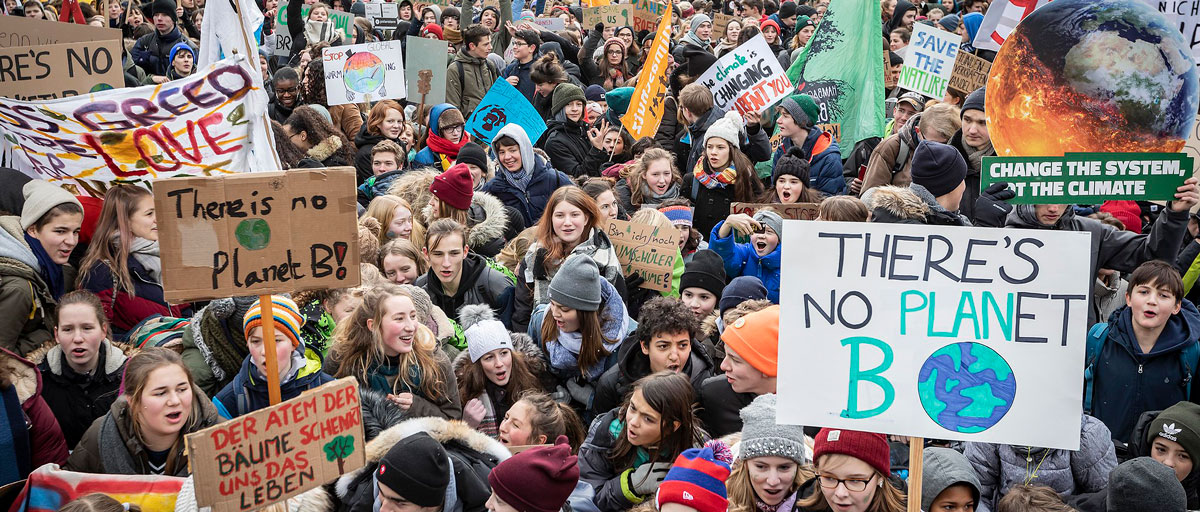earth stewardship
For the sake of sustainability, norms and incentives must change
New study identifies the five best places to intervene in a system to trigger transformations
• There is increased public demand for an “earth stewardship vision” that replaces competitive consumerism with an ethic of responsibility, care, and empathy
• Five pragmatic and strategic leverage points for transformation toward earth stewardship were identified
• All countries can and must contribute, but current and historical responsibilities and uneven access to power and resources must be considered
TRIGGER POINTS: We are long overdue to transform our societies to become more sustainable. Now we need to shift swiftly from ever-increasing material wealth to a vision where we become wise and careful stewards of the planet’s climate and ecosystems – and distribute resources equally.
Such “earth stewardship vision” requires simultaneous changes in both policy incentives and social norms, according to a new study published in Ambio.
There are many signs we are reaching a social tipping point in public demand for an earth stewardship vision.
Carl Folke, co-author.
Catalysts for earth stewardship
Earth stewardship is defined as “the proactive shaping of physical, biological, and social conditions to sustain, rather than disrupt, critical earth-system processes in support of nature and human wellbeing at local-to-planetary scales.”
The study is the result of the annual workshop on the Swedish island of Askö in the Baltic Sea, organised by the Beijer Institute of Ecological Economics. The series of workshops started already in 1993 and has generated unique cooperation between internationally leading ecologists and economists throughout the years.
A number of potential catalysts for earth stewardship were identified, including novel democratic institutions and engagement of social movements.
One example is “the Greta Thunberg effect”: climate activism by youth directly calling for the change of social norms among everybody, regardless of political perspective.
When it comes to policy incentives, the new study highlights how COVID-19 demonstrated that massive concerted global action can happen quickly despite short-term economic costs.
“The COVID-19 response invites us to reimagine how to create a large-scale stewardship effort that coordinates top-down and bottom-up actions to build new pathways toward a more sustainable future for nature and society,” they write.

Interactions between changes in the social and natural world (outer arrows) with changes in beliefs, norms, values, and worldviews (inner circle) that are needed to sustain complex social-ecological systems. Also shown are many of the diverse social subsystems that mediate these interactions and provide potential entry points to trigger or support transformation toward more sustainable pathways
Five leverage points
The study focused on approaches that can be initiated now by all countries, but emphasizes the need to consider current and historical responsibilities and uneven access to power and resources.
The authors also stress the importance of finding the best places to intervene in a system to trigger transformations.
Five strategic leverage points are listed in the paper:
1. Change vision and goals
2. Shift social norms and behaviour
3. Incentivize sustainable production/consumption decisions
4. Engage influential actors
5. Foster deliberative democracy
Read Earth stewardship: Shaping a sustainable future through interacting policy and norm shifts
Chapin, F.S., Weber, E.U., Bennett, E.M. et al. 2022. Earth stewardship: Shaping a sustainable future through interacting policy and norm shifts. Ambio, https://doi.org/10.1007/s13280-022-01721-3









